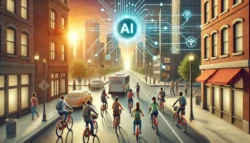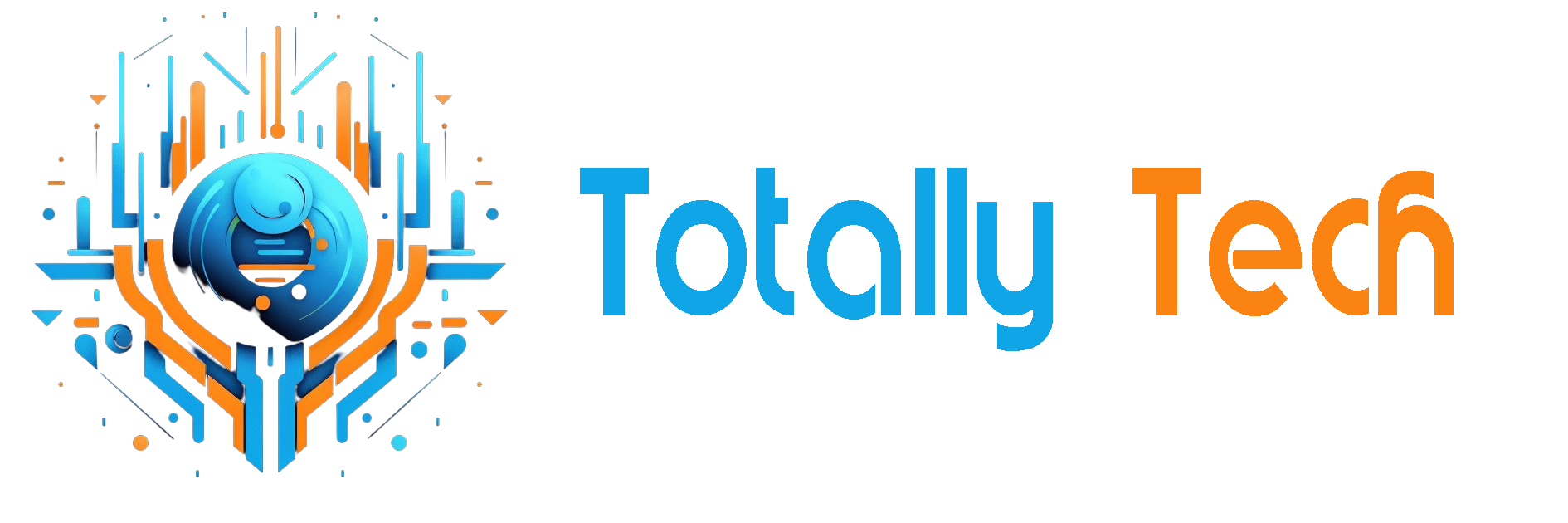
The credit scoring system in the U.S. is not only used in banking and large businesses, but also assesses the creditworthiness of every resident in every aspect of their everyday life. However, this system also discriminates against large groups of the population, particularly migrants.
For migrants and political refugees, it is extremely challenging to find official employment without the necessary legal papers and a credit check in the U.S. According to immigration laws, asylum seekers are not permitted to work officially for the first 180 days after filing their application. This bureaucratic barrier has led to an increase in low-wage labor in the food delivery sector.
How Many Migrants Face Challenges in the U.S.
As of 2022, the Migration Policy Institute reported 46.2 million legal migrants in the U.S. Another ~9M are undocumented. New York alone welcomes tens of thousands of new arrivals each year, with numbers rising significantly since Spring 2022, as over 118,000 migrants, primarily from Latin America and the Caribbean, crossed the U.S.–Mexico border, according to the Council of Foreign Relations.
Many migrants turn to the delivery sector because it offers more job opportunities under their circumstances. The popularity of this employment surged during the COVID-19 pandemic, especially during strict lockdowns.
Why Migrants Face Transportation Limitations
Working a delivery job in a large city is impossible without personal transportation. Migrants cannot take out loans for an e-bike or similar due to their lack of credit history and necessary documents, which also prevents them from registering a moped or a cars.
The cost of an electric bicycle starts at $2,000. While refurbished models are available for about half the price of new ones, this is still a significant amount for low-income migrants. Cheaper e-bikes from China tend to wear out quickly and require repairs that can exceed the initial purchase cost.
The Issue of Poor-Quality Electric Bicycles
Another problem with inexpensive transportation is the substandard lithium-ion batteries used in electric bicycles and scooters, which have become a leading cause of fires in New York. The lack of regulation and supporting infrastructure has turned this issue into a serious public safety concern.
In just the first two months of this year, New York experienced more fires caused by battery-powered vehicles than in all of 2019. This has led to stricter regulations on the electric bicycle market and their certification. Ensuring access to safe electric transportation has become a pressing social issue.
How AI Technology Addresses This Problem
Some electric bicycle rental services for couriers in the U.S. stand out. Most delivery workers are immigrants without credit histories, which limits their access to safe and affordable transportation. One potential solution is to develop a proprietary scoring system that makes expensive electric transport accessible to couriers.
Instead of relying on a standard Social Security number, proof of address, and other traditional identity verification methods, two-factor verification can be employed, based on:
- Client information from external sources.
- Predictions based on data and behavior of previous users.
Once a client subscribes to the service, the system’s analytics determines their creditworthiness and whether they are likely to face payment difficulties. For this development, statistical data from more than 10,000 individuals was used to create an econometric model with over 50 data points.
The algorithm decides if the rental service can be provided to the person in question, and whether a deposit is required. In case of rejection, the service offers alternatives, such as going through a credit partner or purchasing a bicycle. For approved customers, the system also determines the type of deal: rent-to-own, monthly, or weekly rental.
The automation of these processes has proven effective: over two years, less than 3% of bicycles were stolen from the company that serves 8,500 users. According to Bicycle Habit, around 15,000 bicycles are stolen annually in New York.
AI Technologies for Analyzing Clients Without Credit Scores
The following outlines the implementation stages of the “no credit scoring” analytics.
Development of a Proprietary Scoring System
Based on client database analysis, electric bicycle rental companies create their own scoring systems to assess financial reliability based on over 50 parameters, including non-financial ones. This model continuously learns, adapting to the behavior of current and past clients. Parameters can be adjusted, allowing for more complex or simplified scoring conditions. This product is designed for businesses working with clients unable to present the standard set of legal papers typically required by services in the U.S.
A simple example of data analysis
If a database shows that a potential client has multiple phone numbers or addresses that change every two months, it might indicate that they are changing them to avoid paying bills. This will be flagged by the system, but the final decision will be based on additional factors.
What else does the unconventional scoring system check?
Such a system also examines conventional financial indicators, such as history of bankruptcies or evictions. In such cases it takes into account factors like the timing of the client’s bankruptcy procedure. The decisions are then made on a case-by-case basis.
If a potential client has more than 10 different IP addresses, it suggests that they are likely using free or shared internet. The system checks the client’s residence and the payment location by IP address—if they are far apart, there is a high likelihood of fraud.
Stripe, an American online payment system, can be used to check whether the buyer’s payment method has been flagged as fraudulent by previous retailers. This helps identify fraud if a customer is pretending to be someone else.
The onboarding and scoring processes are fully automated through facial recognition and document verification technology to minimize fraud.
Simplification and Security for Low-Income Target Audiences
There are several auxiliary functions Integrated into the custom software:
- Real-time tracking of electric bicycles.
- Disabling of electronic components.
- Alarm system and remote wheel locking.
- Automated alerts based on collected data about the bicycle (e.g., trips in restricted areas, unauthorized state border crossing, prolonged absence of GPS signal).
The automation of the scoring process significantly increases the service’s conversion rate, as clients are informed in advance of the required documents and what to expect during the decision-making stage. This allows for the entire verification process to be completed in just a couple of minutes online, avoiding situations where someone arrives unprepared, either having forgotten necessary documents or unable to provide the required deposit.
Thanks to automation, the service can make instant decisions, expediting the onboarding process. As a result, the time from sign-up to receiving the vehicle has decreased from 60 to 15 minutes, and staff no longer waste time on those who have not passed onboarding.
Other Technologies Used by Rental Services
These technologies are employed by all top rental services in America, including Whizz, Joco, and Zoomo. The differences lie in their requirements; for example, Zoomo requests ID and proof of residence as a second document. Recently, they announced elimination of background checks, however their onboarding and scoring still involve manual processing, requiring customers to mail in their documents. Whizz and Joco are ahead of the competition here, having automated the process by using online verification providers.
Joco mitigates risks differently by allowing clients to use electric transport for six hours, after which the bike must be returned to the docking station for charging. This means that the users can’t take it home with them, and there is a time limitation in place as well.
Summary
Technology not only simplifies life but, through an unconventional scoring model, enhances the safety of electric bicycle use and addresses inequality among delivery workers. Thus, it can be said that technology extends a helping hand to those in difficult life situations—even to those without a credit score.
The post AI-Powered Solutions: How Migrants Are Overcoming Transportation Barriers in the U.S. appeared first on Unite.AI.

